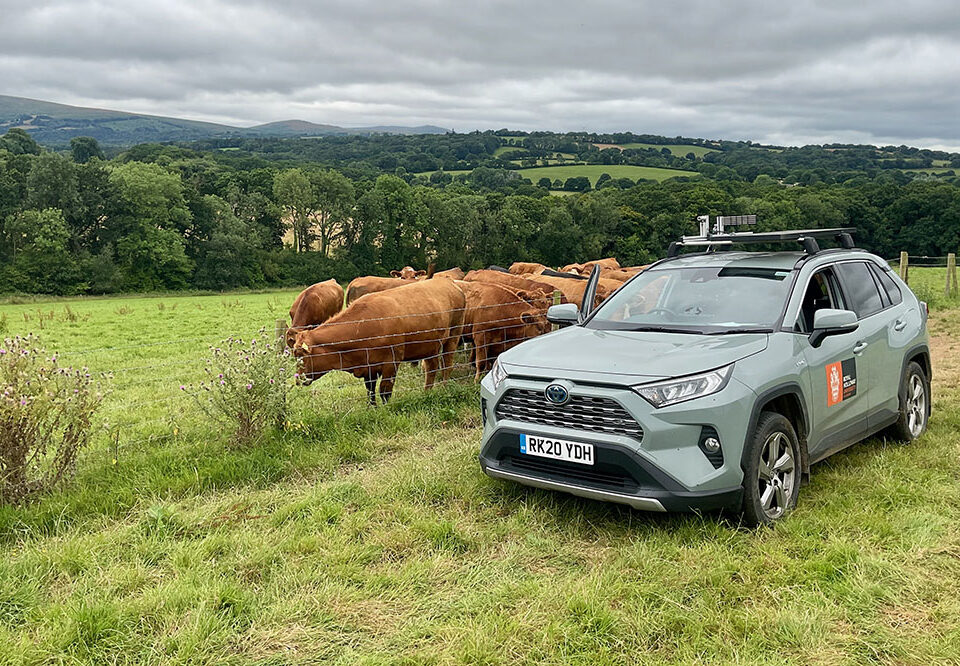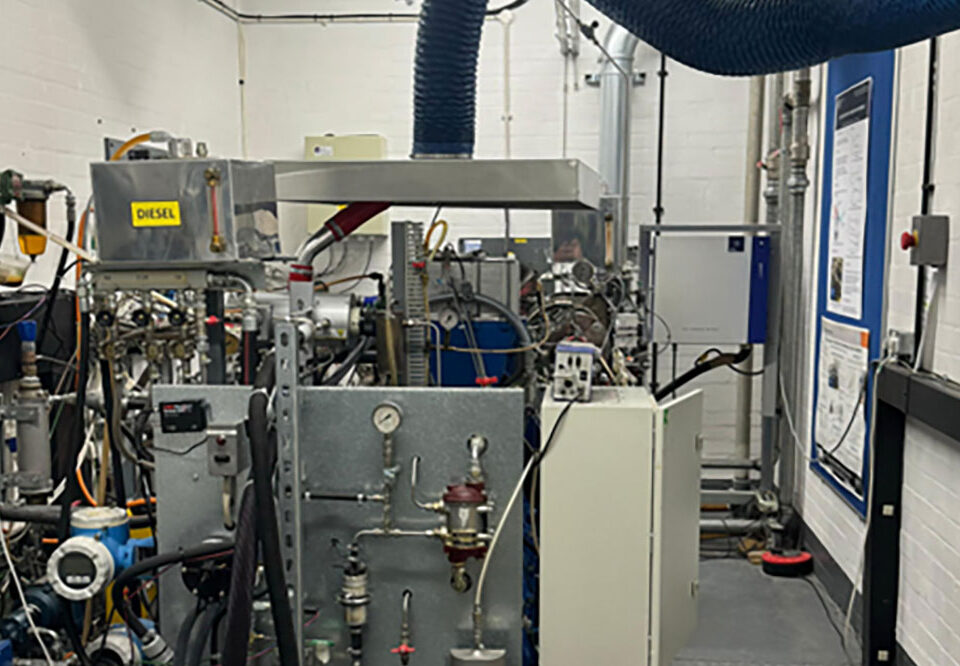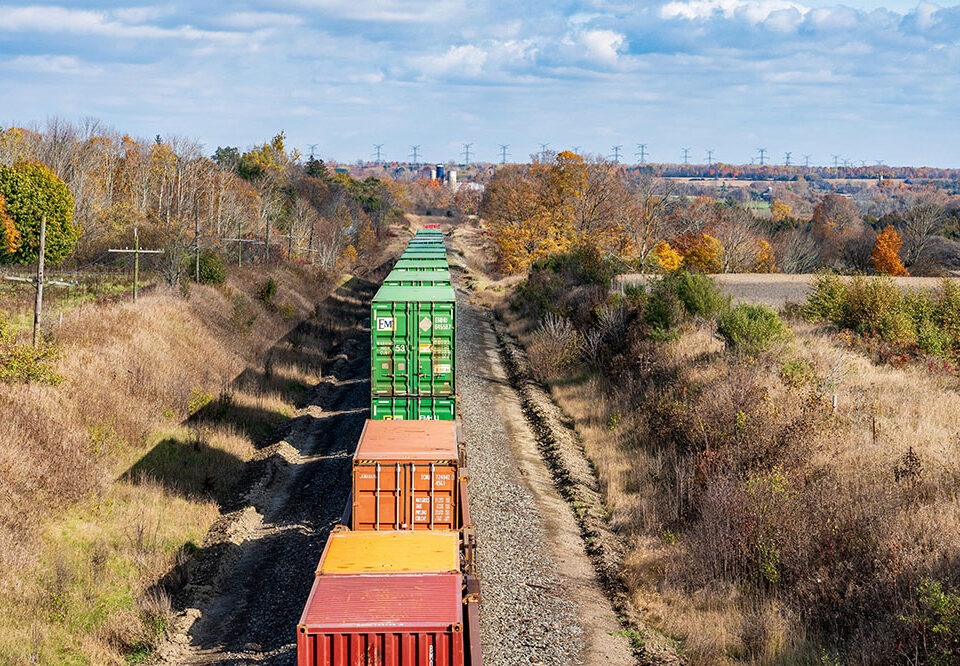Overview
Researchers at the University of Hull are tackling the widespread impact of Black Grass, a herbicide – resistant weed that costs UK farmers an estimated £500 million in lost gross profit each year. This invasive plant competes with cereal crops for light and space, destroying enough wheat annually to bake 1.5 billion loaves of bread or brew eight billion pints of beer. In some cases, farmers have resorted to destroying their own crops in a desperate attempt to control its spread.
The Challenge
Black Grass presents a serious threat to UK agriculture, not only in terms of financial loss but also environmental impact. Farmers spend around £112 per hectare on chemicals and diesel to manage the weed, contributing to a carbon footprint of 118kg of CO₂e per hectare. The UK agricultural sector is already a major carbon emitter, and Black Grass exacerbates this challenge, raising concerns around both food security and sustainability.
Partnerships
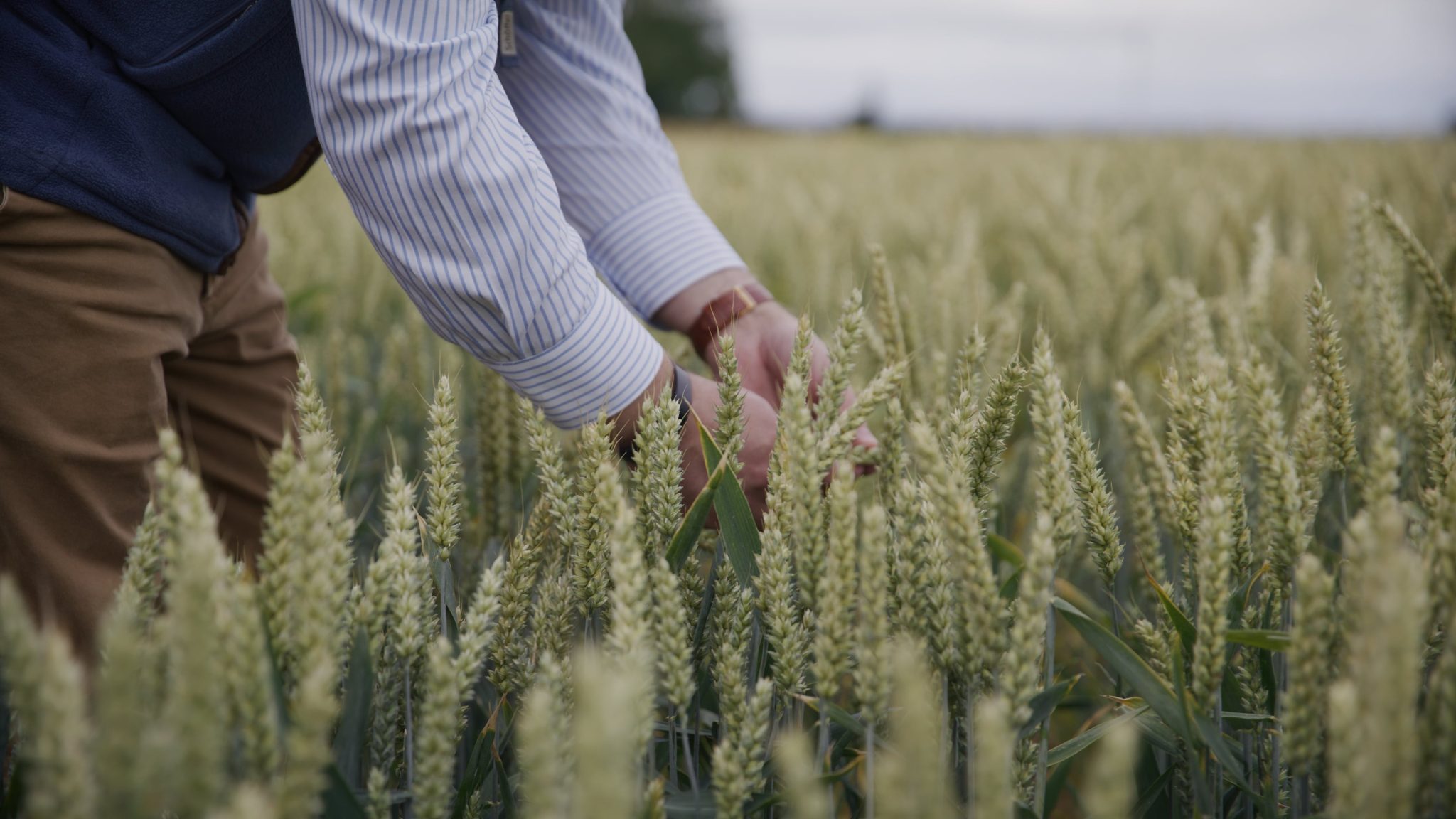
The project is managed by the University’s Aura Innovation Centre, which supports low-carbon innovation. It brings together a multidisciplinary team from the University of Hull, including experts from the Business School, Biology, Geography, Geology, and Computer Science, alongside five regional farmers. The research is funded by the European Regional Development Fund, ensuring strong collaboration between academia and industry.
Research
Led by Dr Sarah Shaw, Director of MBA programmes at Hull University Business School, the team applied machine learning technology to monitor the growth cycle of Black Grass. This helped farmers optimise their use of chemicals and fertilisers, particularly during the pre-emergence stage, which is the most carbon-intensive and costly phase of crop management. The team also developed a cost and carbon footprint mapping tool to calculate the financial and environmental impact of Black Grass, with the potential to map the full Scope 3 carbon footprint of UK agricultural supply chains.
Dr Shaw:
“Farmers were already doing a brilliant job of altering their practices to manage Black Grass, but we needed game-changing research from other disciplines to address the problem.”
Impact
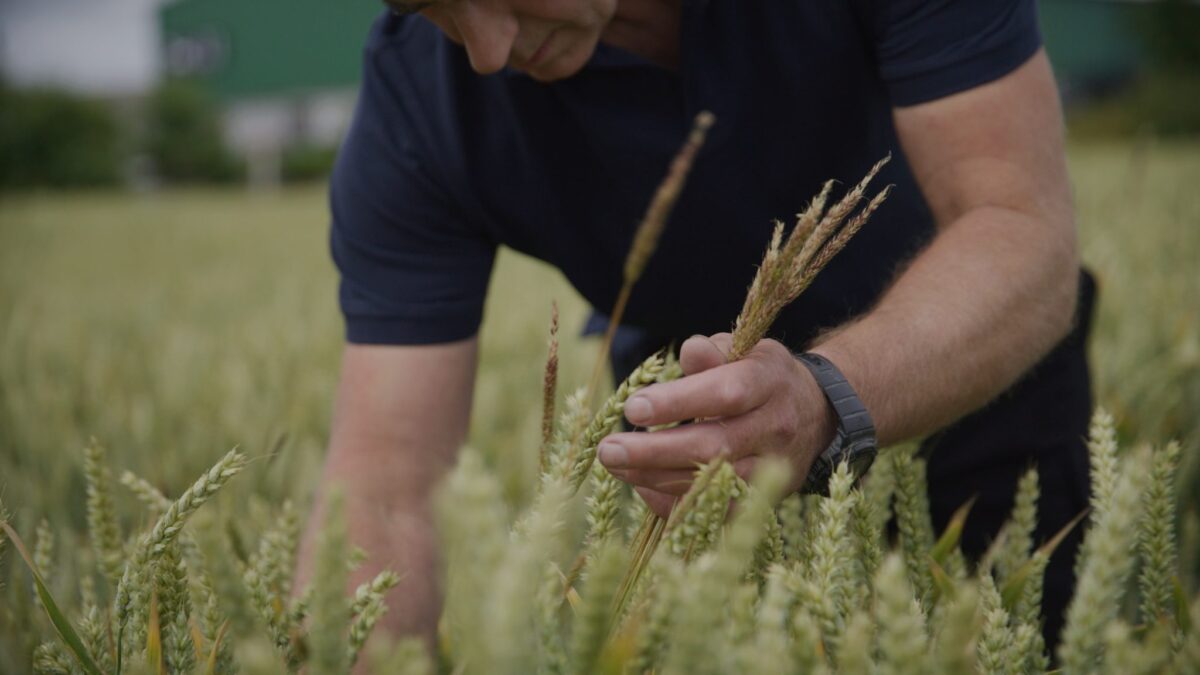
The project delivers tangible benefits. By helping farmers better time and target their interventions, the research is reducing both costs and carbon emissions. The mapping tool provides a clearer picture of the environmental toll of Black Grass, supporting more sustainable farming practices.
Farmer and agricultural consultant Rob Meadley:
“The insight the University of Hull has provided has helped further my understanding of the weed and allowed me to think much wider regarding early identification and potential ways to deal with it.”
The team continues to build on this work, exploring links between Black Grass and factors such as soil water content, geology, organic material, and a soil seed index. These insights will help farmers develop practical, science-based strategies to manage the weed more effectively.

